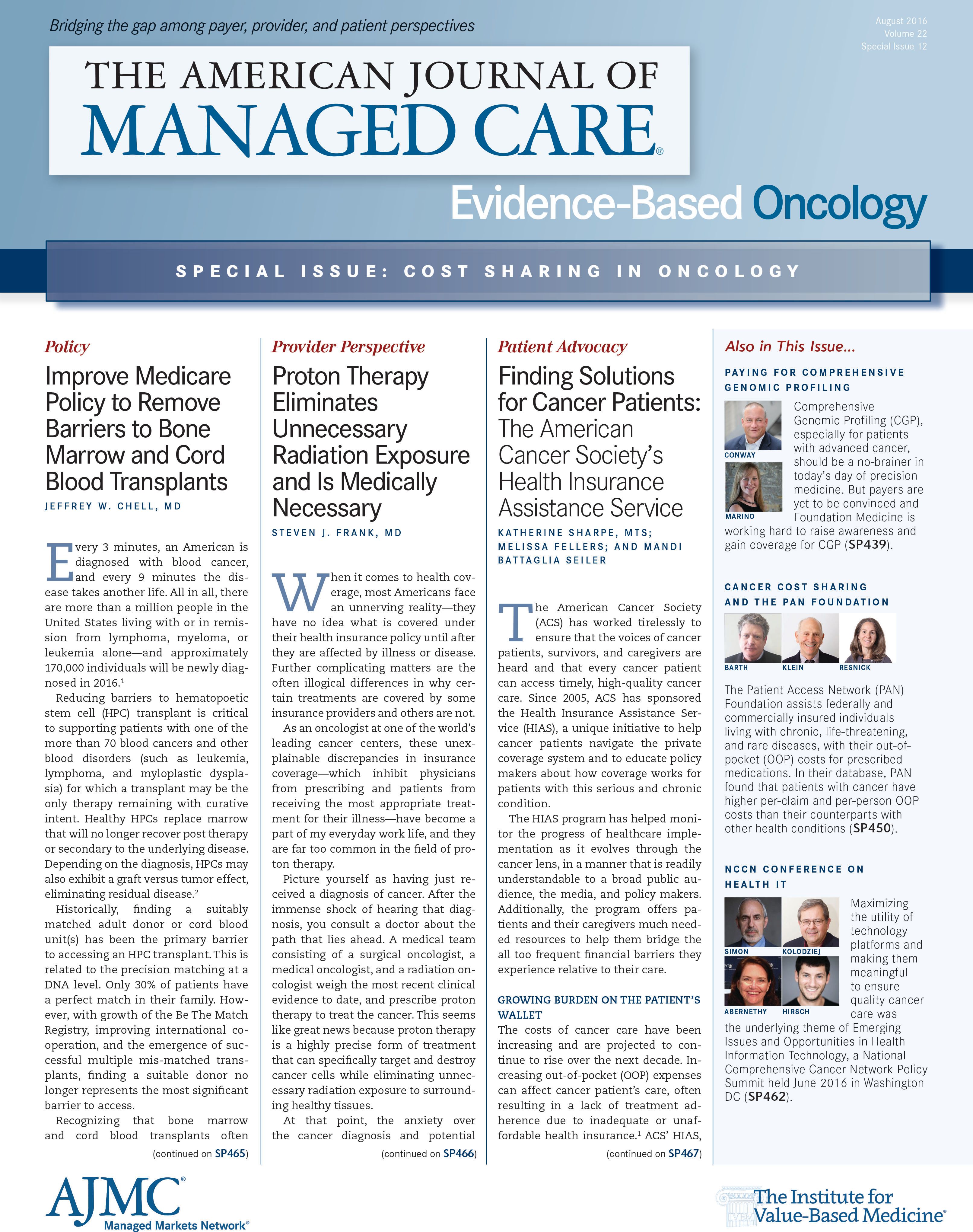- Center on Health Equity & Access
- Clinical
- Health Care Cost
- Health Care Delivery
- Insurance
- Policy
- Technology
- Value-Based Care
NEJM Study First to Identify Mutations Responsible for Relapse in PD-1 Inhibitor—Treated Melanoma
Loss-of-function mutations in Janus kinase 1 (JAK1) or Janus kinase 2 (JAK2), deletion of the wild-type allele of JAK1 or JAK2, and truncation in the antigen-presenting protein beta-2-microglobulin (B2M) gene have been found responsible for lack of response to interferon gamma in patients with melanoma.
Loss-of-function mutations in Janus kinase 1 (JAK1) or Janus kinase 2 (JAK2), deletion of the wild-type allele of JAK1 or JAK2, and truncation in the antigen-presenting protein beta-2-microglobulin (B2M) gene have been found responsible for lack of response to interferon gamma in patients with melanoma.1
The group that has identified these mutations recently published another study that showed that 25% of patients with melanoma who had an objective response (OR) to antibodies against the programmed death 1 (PD-1) receptor showed disease progression at a median follow-up of 21 months.2 To pinpoint the triggers for this resistance, the authors analyzed the genomic evolution of the disease in patients who had been treated with the anti—PD-1 antibodies.
Seventy-eight patients with metastatic melanoma were treated with pembrolizumab at the University of California at Los Angeles (UCLA); 42 had OR, of whom 15 progressed. Further analysis of the tumor samples of 4 of the 15 patients was conducted, which included pathological analysis, DNA and RNA analysis, and trying to establish cell lines to identify resistance mechanisms.
Following whole-genome sequencing, the authors identified loss-of-function mutations in kinases associated with the interferon-receptor pathway—specifically, a Q503* nonsense mutation in JAK1 in patient 1 and a F547 splice-site mutation in JAK2 in patient 2. Comparing the response of the primary cell lines that were derived from the tumor of patient 2—at baseline and following relapse—the authors found an absence of JAK2 protein expression following relapse and a consequent lack of response to interferon gamma. The cell line also failed to upregulate a wider panel of interferon-induced transcripts involved in antigen presentation and T-cell chemotaxis, the authors write. In patient 3, mutation in the B2M gene resulted in loss of outer membrane localization of MHC class I molecules, which has previously been identified as a mechanism of acquired resistance to immunotherapy.
Commenting on the findings of their study, senior author Antoni Ribas, MD, PhD, who directs the tumor immunology program at UCLA said, “This will help us to better design the next generation of treatment.”3 He believes that their findings may not be restricted to Merck’s pembrolizumab (Keytruda) and could be generalized to the entire class of PD-1 inhibitors. “If we understand the process, we may be able to tailor the treatment better. We are not there yet,” Ribas added. EBOREFERENCE
1. Zaretsky JM, Garcia-Diaz A, Shin DS, et al. Mutations associated with acquired resistance to PD-1 blockade in melanoma [published online July 13, 2016]. N Eng J Med. doi:10.1056/NEJMoa1604958.
2. Ribas A, Hamid O, Daud A, et al. Association of pembrolizumab with tumor response and survival among patients with advanced melanoma. JAMA. 2016;315(15):1600-1609. doi: 10.1001/jama.2016.4059.
3. Beasely D. UCLA study finds why some cancers stop responding to immunotherapy. Reuters website. http://www. reuters.com/article/us-health-cancer-immunotheraphy-idUSKCN0ZT2NW. Published July 13, 2016. Accessed July 14, 2016.


